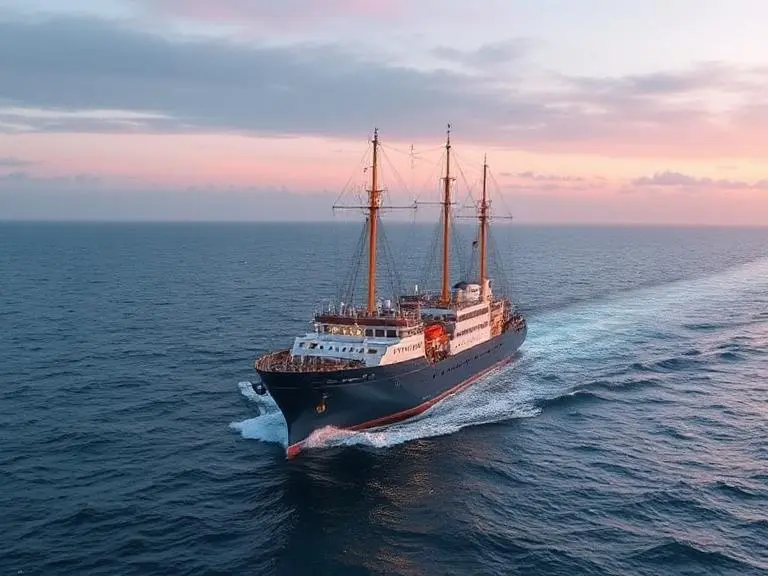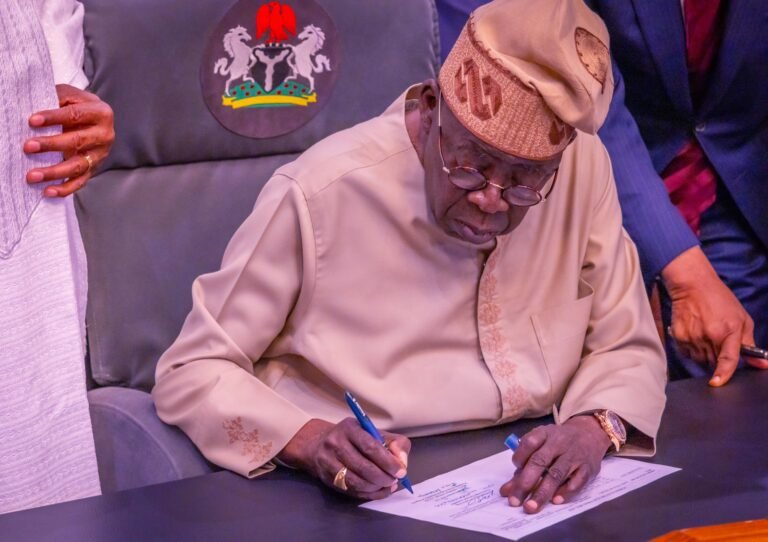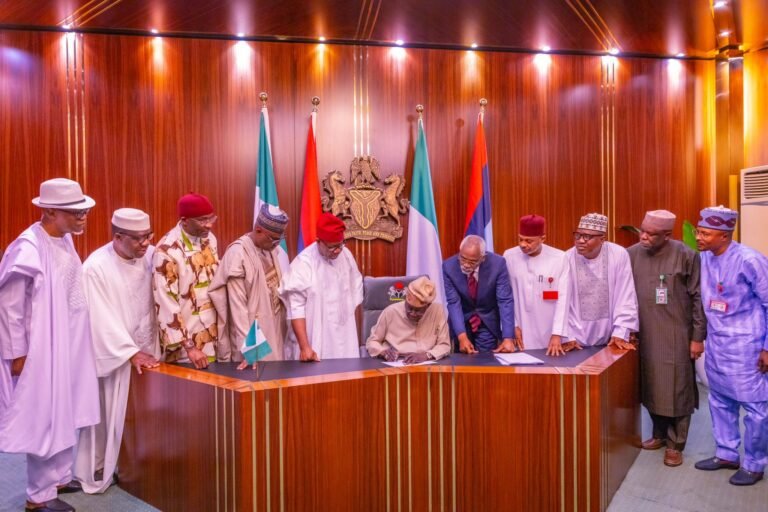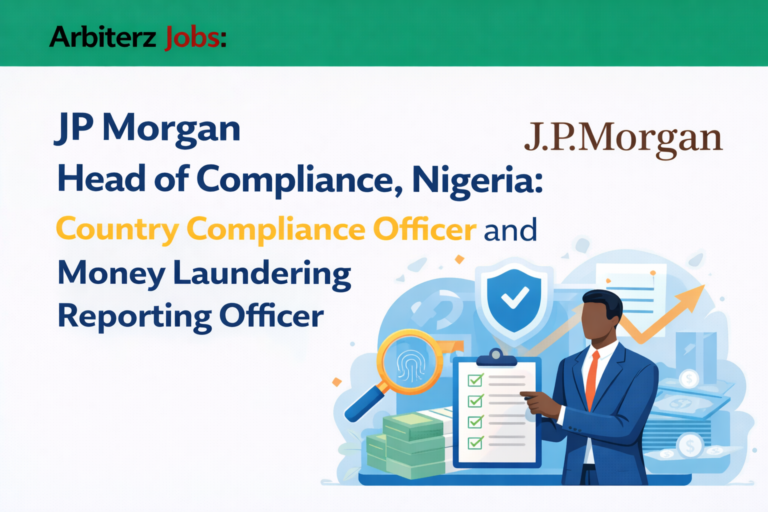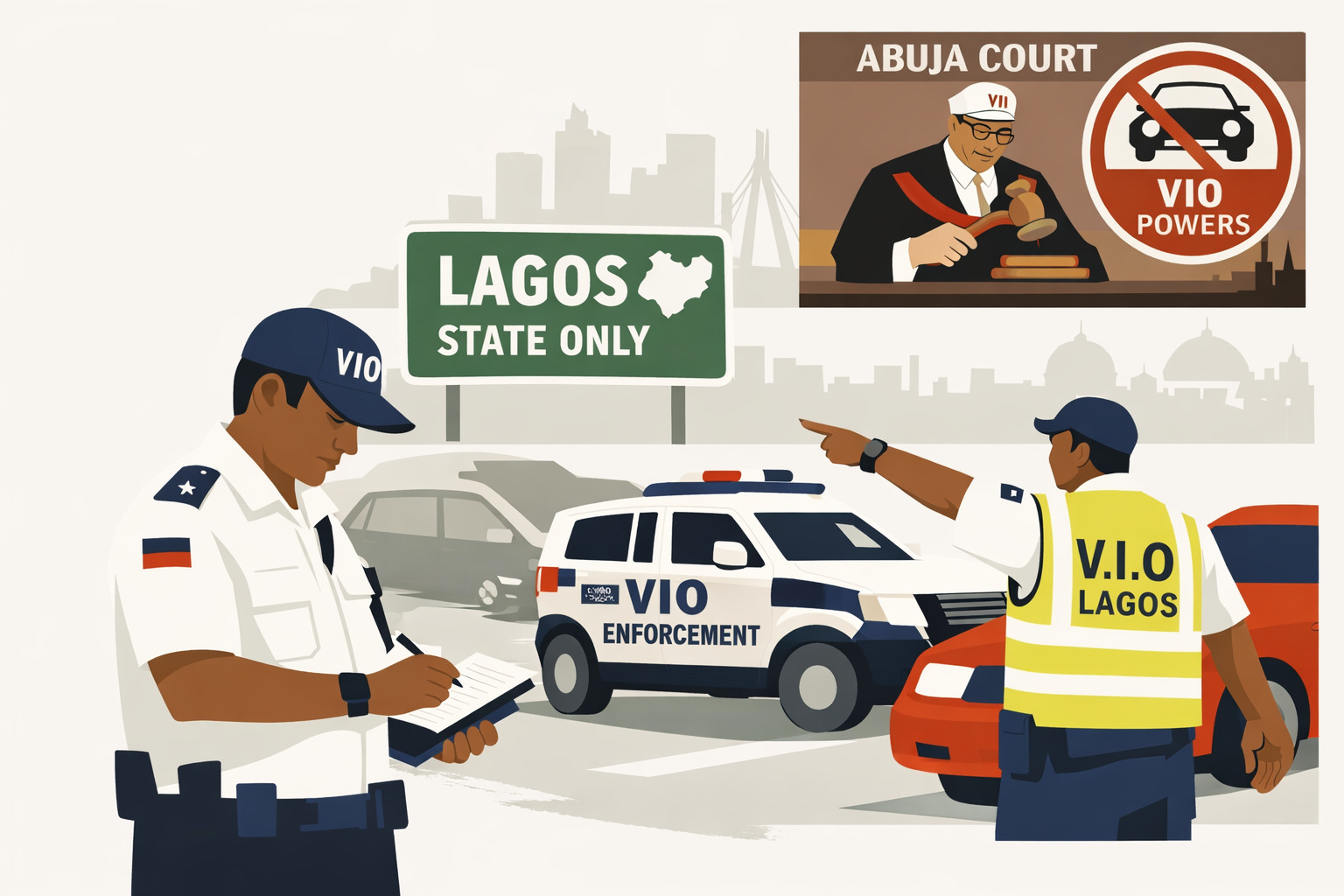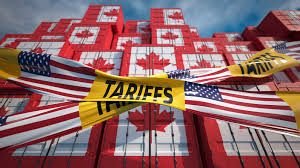As Africa’s “Decade of Seas and Oceans” draws to an end, the continent is at a turning point. The African Union (AU) must decide whether maritime security will remain an occasional talking point, or finally become a permanent part of Africa’s peace and development agenda.
For years, Africa’s maritime policies have looked strong on paper. The 2050 Africa’s Integrated Maritime Strategy (AIMS 2050) set out a vision for cooperation. Later, the Lomé Charter on Maritime Security promised to bind member states to action. And just this year, the Maritime Transport Charter finally entered into force after long delays. Yet despite these frameworks, piracy, illegal fishing, trafficking, and weak coordination continue to erode Africa’s maritime governance.
Why Maritime Security Matters Now
Africa controls vast sea lanes that are critical for global trade. The Gulf of Guinea, for example, carries nearly a quarter of the world’s petroleum shipments, but it remains one of the most dangerous regions for piracy. Weak protection of maritime borders also fuels illegal fishing, robbing African economies of billions of dollars annually.
With global competition for resources intensifying, maritime security is no longer just about safety — it is about sovereignty, economic growth, and Africa’s role in global trade.
Three Moves to Change Course
To seize this moment, African leaders must look beyond declarations and adopt three bold measures:
- Build a Continental Maritime Expert Network
Instead of letting departments compete for control of maritime issues, the AU should establish a lean expert group that pools technical knowledge. This platform, similar to Africa’s cybersecurity forum, could offer practical support to states, help align policies, and ensure lessons are shared across the continent. - Run a Continental Maritime Command Exercise
African forces rarely test their ability to respond together to crises at sea. A simulation exercise — covering piracy, illegal fishing, or even emergency evacuations — would allow the AU to test its command-and-control structures without needing expensive live-fire drills. Lessons from the Gulf of Guinea’s new task force could feed directly into this exercise, ensuring regional experience is not wasted. - Create a Chiefs of Navies and Coastguards Forum
Cooperation often stalls because senior officers lack direct contact. A standing forum of African naval and coastguard leaders could break down bureaucratic barriers, build trust, and make information-sharing routine. This body, if tied into larger events like the Sea Power for Africa Symposium, would allow African leaders to shape priorities from the ground up rather than from conference tables.
The Cost of Inaction
The AU has shown it can drive progress — but only when political will, funding, and technical expertise align. Without structural reforms, maritime issues risk fading again as other crises take priority. Yet the cost of inaction is clear: growing insecurity at sea, deeper economic losses, and reduced African influence in shaping global ocean governance.
A Maritime Future for Africa
Africa has the blueprints and the experience. What it needs now is a culture of consistency — where maritime security is not revived only after crises but embedded in continental decision-making. By building expert networks, testing response systems, and empowering naval leaders, the AU can ensure that Africa’s seas are not just open waters for exploitation, but secured spaces for trade, growth, and sovereignty.
The Decade of African Seas may be ending, but Africa’s maritime future is just beginning.

